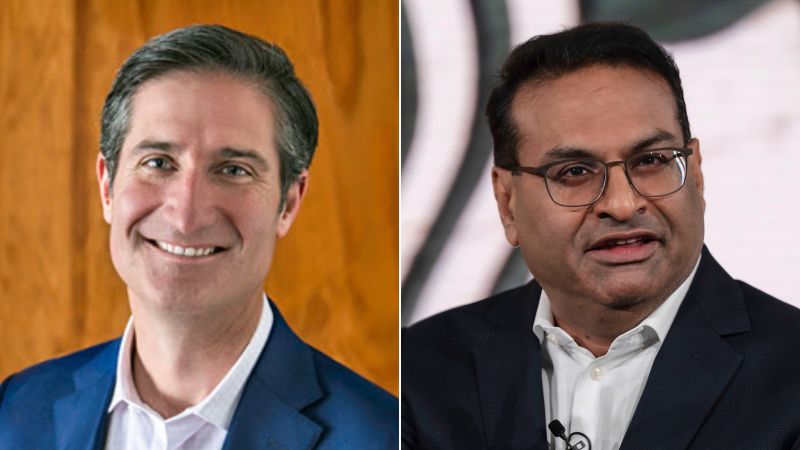The Starbucks CEO position continues to undergo turnover as the company grapples with declining sales. Laxman Narasimhan has stepped down after just a year in the role, with Brian Niccol, the current CEO of Chipotle, set to take over as the new chairman and CEO. Niccol will be Starbucks’ fourth CEO in two years and is credited with driving significant growth and value creation during his time at Chipotle. Starbucks’ stock saw a significant increase after the announcement of Niccol’s appointment, wiping away year-to-date losses.
Narasimhan took over Starbucks in March 2023 and oversaw a period in which the coffee chain struggled, with global sales dropping by 3% at stores open for at least a year. The shift in Starbucks’ business model from sit-down coffee shops to drive-thru and mobile takeout has posed challenges, reflecting consumer fatigue with high prices at food chains and stores. The company’s struggles also include competition from low-cost rivals such as Luckin Coffee and a decline in sales in its second-largest market, China.
Niccol’s background in fast-food chains includes successful tenures at Taco Bell and Chipotle, where he oversaw improvements in menu offerings, digital ordering, and stock performance. He will be leaving Chipotle on August 31, with the chain’s COO, Scott Boatwright, stepping in as interim CEO. Niccol’s ability to drive visits through menu innovation, marketing campaigns, and improved restaurant operations is expected to benefit Starbucks as he takes on his new role as CEO.
The change in leadership at Starbucks comes amid ongoing negotiations with activist investor Elliott Investment Management and criticism from former CEO Howard Schultz. Schultz expressed dissatisfaction with Narasimhan’s leadership in a viral LinkedIn letter, attributing the company’s decline to issues within the US operations. Schultz has indicated his support for Niccol, recognizing his deep foodservice experience as valuable in navigating the challenges facing Starbucks, including increased costs and customer dissatisfaction.
Retail analysts have pointed to the need for innovation in areas such as food, as Starbucks has been losing market share to smaller, independent coffee shops and competitors. Niccol’s appointment is seen as a strategic move to address operational inefficiencies, labor issues, and growing consumer dissatisfaction. The sudden leadership change at Starbucks underscores the need for a transformative leader like Niccol to steer the company through a period of transition and regain its competitive edge in the market.
As Niccol prepares to take the helm at Starbucks, investors are hopeful that his proven track record of driving growth and value creation will help revitalize the struggling coffee chain. With his background in fast-food chains and experience in turning around businesses, Niccol is expected to bring a fresh perspective and innovative approach to Starbucks as it seeks to regain its position as a leading player in the industry.













